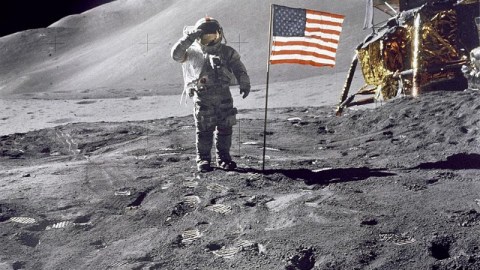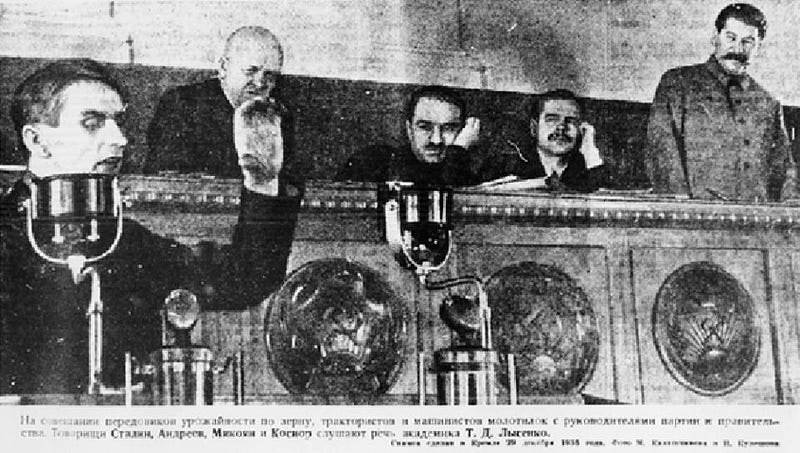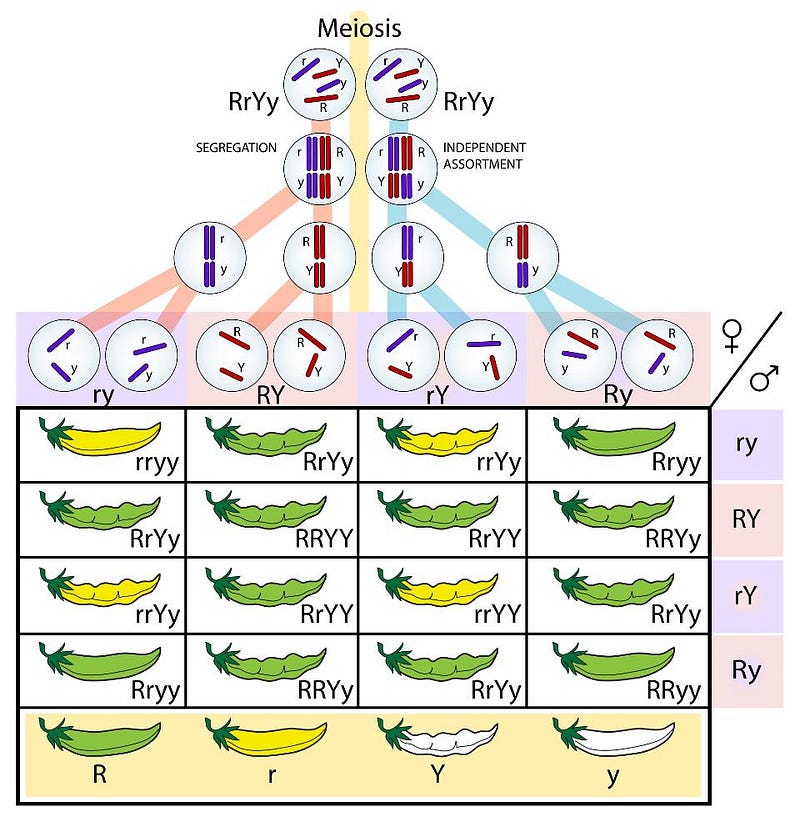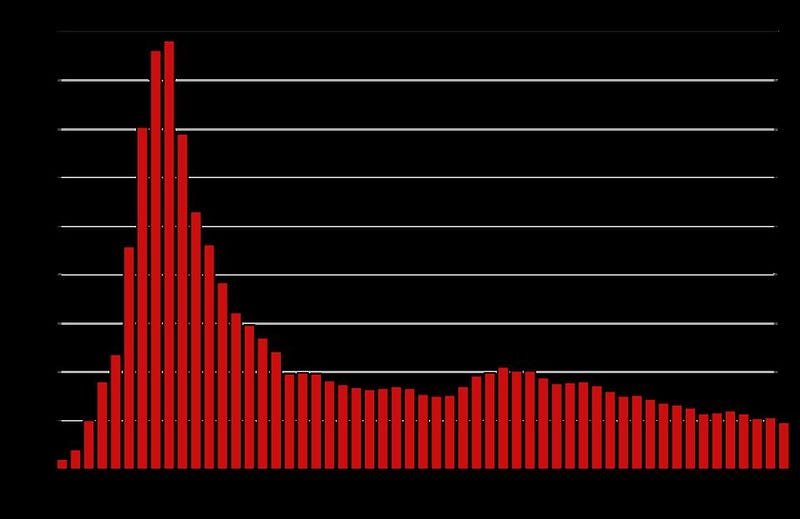Science is what made America great

Want to ‘make America great again’? Not without science, you won’t.
“Alexander Hamilton and Thomas Jefferson hated each other so much. But that hate that they had for each other did not come before the love of their country.” –David Scott
There are a lot of stories we tell ourselves about how the United States became the greatest, wealthiest, most powerful country in the world. Stories about the industrialists of the 19th and 20th centuries like Vanderbilt, Carnegie, Rockefeller and Ford; stories about how the combination of individual freedom, democracy and capitalism leads to rights and opportunities not found anywhere else in the world; stories about our military and moral superiority, and how they’ve gone hand-in-hand to make America the savior of the free world. But none of those things made America great: the industrialists were merely those who succeeded within the American system, many other countries around the world have the same or greater rights and opportunities than America does, and our military superiority is a result of our becoming the most powerful country in the world, not how we got there. So how did America become great? Through science.

In the early 20th century, the United States — despite our budding industrial and manufacturing progress — was generally regarded as a second-tier nation behind the European superpowers. Culturally, scientifically, militarily and economically, America wasn’t even close to the greatest by any of these common metrics. The combination of the Great Depression and the Dust Bowl in the 1930s threatened the livelihood of the average American in ways we had never faced before. And yet, by time World War II ended, the United States was universally regarded as the world’s most powerful. And less than 25 years after that, we realized the dream of generations of humans: for the first time, we landed and set foot on a world beyond our own.
https://players.brightcove.net/2097119709001/4kXWOFbfYx_default/index.html?videoId=5042734601001
How did we make that transformation? Yes, there were incredibly smart, talented individuals making contributions, there were innovations and technological advances, and there were lots of living-wage jobs available to anyone willing to work hard. But what was it that enabled us to overcome the Dust Bowl and increase agricultural productivity? What was it that led the United States to develop superior military technology, culminating in the atomic bomb? And what was it that led to advances in health, medicine, disease eradication and quality of life? It was our investment in science, and in particular it was our investment in doing science the right way.

Over in the Soviet Union, similar agricultural shortages occurred in the 1930s, mostly as a result of the forced collectivization policies as implemented by the Stalinist regime. But rather than following (or figuring out) the scientific solutions to increased agricultural productivity, the Soviet agricultural system was put in the hands of Trofim Lysenko, a man who rejected Mendelian genetics in favor of a discredited theory known as “soft inheritance.” Anti-Mendelian doctrines ran rampant throughout the Soviet Union — from textbooks up through government policies — and opposition to Lysenkoism was formally outlawed in 1948. Mainstream scientists only re-emerged after the death of Stalin and the discovery of DNA, but the damage of anti-science policies was already done.

Most of us — even many scientists — in America are no better than this. We have our own biases and predispositions. We know what conclusions we would prefer, and we latch onto the facts that support our preferred conclusions. This is not a problem unique to simply a few of us; this is human nature. According to professor Peter Ditto at UC Irvine, “People think that they think like scientists. But really they think like lawyers. Scientists don’t care what the answer is: they look at the data and draw a conclusion. Lawyers know the conclusion they want to reach, then they harness a bunch of facts to support that conclusion.” Replace “scientists” with “good scientists” and you’ve got it. It’s incredibly hard to do.

Think about what our dreams of the future are. Increased human longevity? A cure for cancer? Human colonies on Mars? Freedom from hunger, homelessness, violent crime or the consequences of pollution? Smaller, faster electronics? Quantum technologies? “Yes, please,” to all of them! But these are not small problems; these are huge problems that require us to band together as a society and invest in them with the power of our collective resources. This involves inquiries into the fundamentals of nature; this necessitates our society investing in basic science, fundamental scientific research and in making sure that our long-term decisions and policies reflect those findings, whatever they may be. It can’t be a “one-and-done” thing, either; it needs to be an ongoing investment.

If you’re serious about making America great again — and by “again,” I mean greater than it’s ever been, and greater than any country in the world is by any metric — this is what it’ll take. Science is how we became great in the first place. It’s only by doing more and better science, and by listening to the robust scientific conclusions, whatever they may say, that we’ll have the greatest version of America possible. But we have to be willing to invest, and we have to be willing to accept and listen to truths that may range from uncomfortable to disconcerting to outrageous. The choice is ours: invest in science and improve, or don’t. We’ve borne the consequences of stagnation from under-investing for many decades now. If we’re serious about making our country (and our world) as great as we possibly can, it’s time to band together, to invest in our future, and — if we really want to go the whole way — to start thinking like scientists whenever we can.
This post first appeared at Forbes, and is brought to you ad-free by our Patreon supporters. Comment on our forum, & buy our first book: Beyond The Galaxy!





